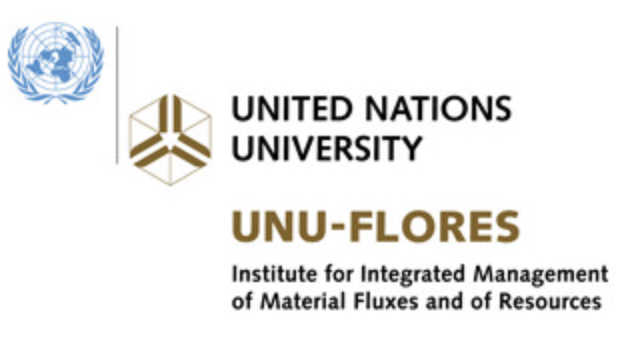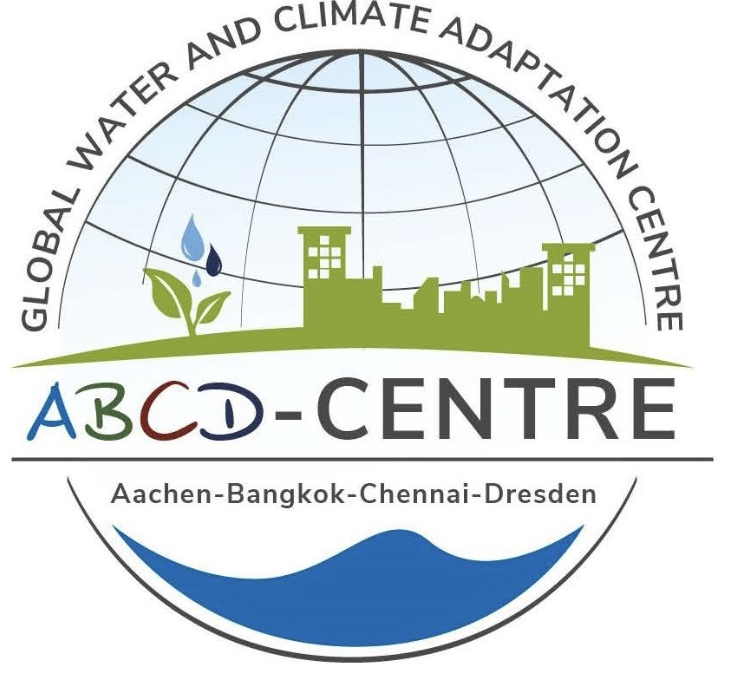UNU-FLORES

The United Nations University Institute for Integrated Management of Material Fluxes and of Resources (UNU-FLORES) is one of the 13 institutes that make up the United Nations University (UNU) — a global think tank and postgraduate teaching organisation. UNU-FLORES was established in Dresden, Germany in 2012 with the support of the Federal Ministry of Education and Research (BMBF) and the Ministry for Science, Culture and Tourism (SMWK) of the Free State of Saxony, Germany.
The vision and mission of UNU-FLORES, in conjunction with its core functions and key research areas, are adduced from this global context:
The degradation of natural resources represents one of the most critical environmental megatrends worldwide and is of great concern to the United Nations and its Member States. The 2030 Agenda for Sustainable Development reflects this concern in a wide range of indicators across all 17 Sustainable Development Goals (SDGs). Challenges manifest themselves at different levels: e.g., at the local level, nutrients are crucial for soil and land-use management; at the regional level, the safe use of wastewater is key for delivering an appropriate water quantity and quality; and at the global level, climate change requires systems analysis to inform resource management decisions for energy and geo-resources. Focusing on the management of any single resource neglects the close intertwining and mutual dependencies of environmental resources, and thus results in “sectoral silo thinking”: ignoring trade-offs and potential synergies.
UNU-FLORES research covers topics related to the nexus of the following environmental resources, complemented by data analysis and integrative modelling tools:
- water (e.g., water scarcity, integrated watershed management)
- soil (e.g., counteracting soil degradation, securing soil functions, fostering sustainable land-use management)
- waste (e.g., preventing losses and closing cycles of resources; avoiding contamination of water and soil)
- energy (in relation to water, soil, and waste; non-renewables and renewables)
- geo-resources (e.g., groundwater, rehabilitating sites)
